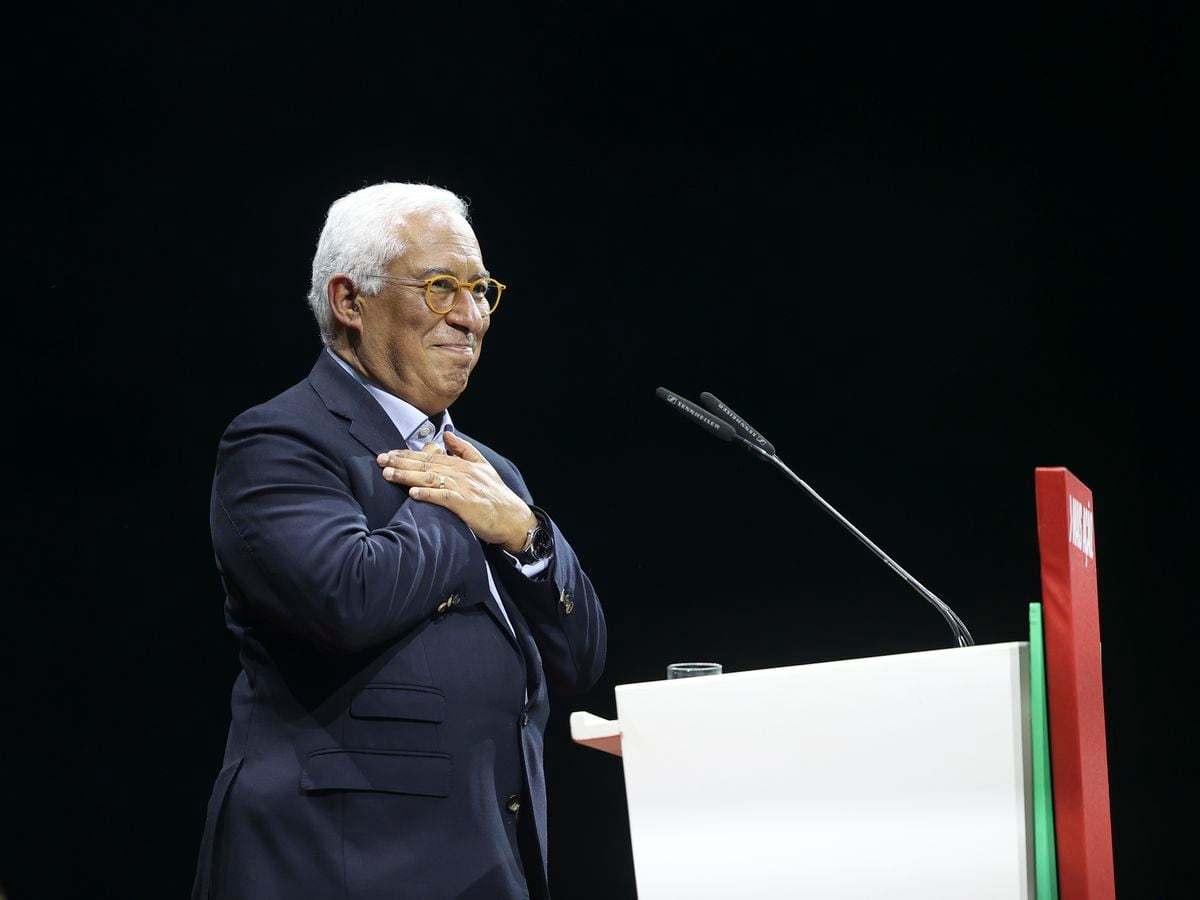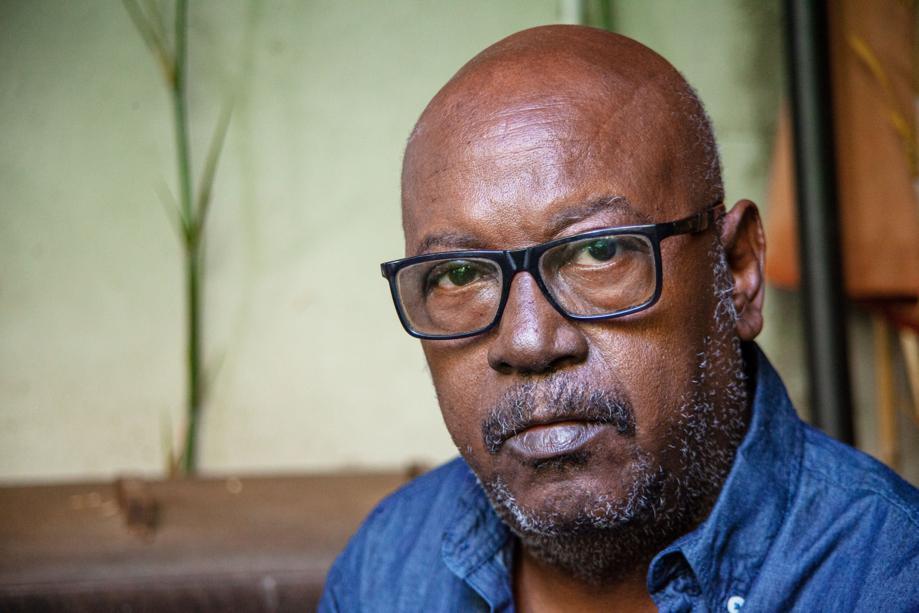The best educated students in the history of Portugal may be coming out of the schools, but that does not mean that their teachers are the best treated.
Extreme mobility, lack of motivation and low salaries are some of the causes that have brought thousands of teachers to the streets, who demonstrated this Saturday in Lisbon from different parts of the country.
The Union of All Education Professionals (Stop), which called the march, assured that it had exceeded 100,000 people, while the police reduced attendance to less than 40,000.
In any case, a crowded protest that filled the center of the Portuguese capital for five hours.
Its success was helped by the Minister of Education, João Costa, who insinuated a day before the last strikes held,
that have caused the closure of many schools across the country, could be illegal.
His statements inflamed the group even more.
The main complaints have to do with low wages and high instability.
In Portugal, the minimum salary is 20,439 euros at any non-university educational stage, compared to 27,993 (infantile) and 31,300 (ESO) in Spain, according to a comparative study by the UGT union.
But also with the hiring system, geographical mobility, the lack of career progression and the degradation of both their working conditions and their social projection.
The Prime Minister himself, António Costa, recognized as a serious problem that many teachers live with the house on their backs, going and coming from one end of the country to the other in each course.
"Whoever is 15 years precarious is not a temporary resource, it is a resource for a permanent need and that permanent need has to be translated into a stable contract,"
Costa admitted during an act of the Socialist Party held this weekend.
The Ministry of Education is considering offering definitive stability after three years of provisional contract.
This will be one of the measures that will lead to the next rounds of negotiations, scheduled for this Wednesday and Friday.
Currently, the job stabilization of a teacher can take up to decades.
In addition, teachers have not recovered from the hacking they suffered during the worst years of the
troika
, which imposed savage cuts when Portugal had to be bailed out in 2011 by the European Commission, the International Monetary Fund and the European Central Bank with 78,000 million of euros.
Added to the unrest accumulated over the years has recently been the fear that the Government was planning to leave the hiring of teachers in the hands of local agencies, although this has been denied by Education.
The rejection of the government's proposals is common to all the unions which, however, are protesting in a divided manner.
In parallel, three different types of actions are being developed, ranging from the strike against the work overload of the National Federation of Teachers to partial strikes of the Independent Union of Teachers and Educators.
It is, however, the indefinite strike called by Stop, which organized Saturday's march, which has raised doubts from the Government and the President of the Republic, Marcelo Rebelo de Sousa, about its legal framework because it is held at variable hours with intended to have the greatest impact on the school at the least cost to teachers.
Closure of centers
The Ministry of Education has requested an opinion from the Attorney General of the Republic on its legality.
“What is happening is that there is a strike one day at one hour and the next day at another.
In our opinion, this does not respect the basic principles of what a strike should be”, criticized the Minister of Education, João Costa, last week.
“It is essential to have a quick clarification of what is legal or not and also whether or not there may be minimal services,” said Rebelo de Sousa.
The Confederation of Parents' Associations demands that minimum services be decreed that prevent the closure of the centers to avoid the impact that the strike is having on families, who must take care of their children during their working hours.
The closure is taking place in those schools where, in addition to teachers, support staff join the strikes, which the Stop union also places at the center of its demands.
This organization demands an increase of 120 euros per month for all employees in the education sector, whether or not they are teachers.
“It is unthinkable that we continue to live on our low wages.
We want to live with dignity, be happy now”, proclaimed the national coordinator of Stop, André Pestana, at the end of the Lisbon march, a teacher who has been linking contracts for 21 years.
Although there are no figures on the number of schools that have closed in recent weeks, they did offer themselves on yesterday, when another different protest began, called by eight union organizations, which contemplates a day of strike in each of the 18 districts of Portugal.
In total, they closed 32 centers in the Lisbon district, where this protest began, which will end on February 8 in Porto.
Subscribe to continue reading
Read without limits
Keep reading
I'm already a subscriber

/cloudfront-eu-central-1.images.arcpublishing.com/prisa/QUV22TRNH5FKNA2QVE25SD6UUY.jpg)







